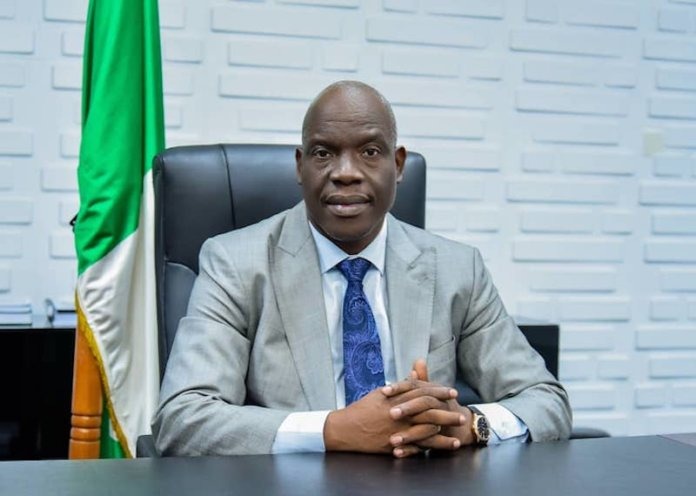The Nigerian Upstream Petroleum Regulatory Commission (NUPRC) has raised alarms about a potential gas supply crisis looming over Nigeria by 2030. This concern was articulated by NUPRC’s Chief Executive, Gbenga Komolafe, during an energy conference held in Lagos. As gas demand is anticipated to grow at a compound annual growth rate of 16.6% between 2020 and 2030, Komolafe emphasized the possibility of a shortfall of 3.1 billion cubic feet per day under the ‘Base Case Demand and Supply’ scenario. Such a deficit would indicate a substantial challenge for the country, raising questions about its readiness and capacity to meet increasing energy needs.
During his address themed “Gas as Energy Transition Fuel: Navigating Nigeria’s Trilemma of Finance, Energy Security, and International Politics,” Komolafe underscored the broader context of energy transition in light of climate change, particularly in the aftermath of the Paris Agreement. There is a sense of urgency driving many nations and corporations to adopt carbon neutrality targets, which has triggered a global pivot towards sustainable and low-carbon energy sources. He pointed out that this shift has adversely impacted oil and gas investments, as financiers face increasing pressures to align with more sustainable practices. Thus, Nigeria finds itself at a crossroads where it must adapt to these changing dynamics, recognizing that its historical dependence on oil and gas could no longer serve as the backbone of its economy.
One of the critical points Komolafe raised is the need for Nigeria to reevaluate its strategies as it navigates the evolving energy landscape. He argued that the nation, rich in resources yet facing significant challenges, must strike a balance between energy security, economic growth, and environmental justice. He highlighted the importance of considering the geographical, historical, and political contexts that frame Nigeria’s energy narrative. This entails pursuing a development agenda that embodies equity, inclusivity, sustainability, and energy justice, ensuring that all citizens benefit from the country’s vast energy resources.
In light of the pressing need for sustainable energy solutions, Komolafe asserted that Nigeria views natural gas as an immediate transition fuel. This choice stems from gas’s ability to provide cleaner energy alternatives to traditional fossil fuels like oil and coal, which contributes to lower greenhouse gas emissions. He reaffirmed the role of natural gas in powering industries and homes reliably while helping to mitigate climate impacts. By declaring the period from 2021 to 2030 as the “Decade of Gas,” the government is positioning natural gas as a cornerstone of Nigeria’s industrial development strategy in response to the complex energy landscape.
Furthermore, Komolafe reiterated that natural gas is projected to be a significant component of Nigeria’s energy mix by 2030 and beyond. The government has recognized this trajectory by implementing development programs aimed at harnessing natural gas to address existing challenges and fuel economic advancement. By aligning its policies with the broader goal of energy transition, Nigeria aims to achieve shared prosperity and enhance energy accessibility, affordability, sustainability, and sovereignty.
In conclusion, the concerns raised by the NUPRC chief underscore the necessity for adaptive strategies that will ensure Nigeria can meet its growing energy demands while simultaneously addressing the global call for sustainability. As the country embarks on this transformative journey, the integration of natural gas into its energy narrative presents opportunities for economic growth, social equity, and environmental stewardship. The upcoming years will be crucial in determining how effectively Nigeria can harness its hydrocarbon resources to navigate the complex interplay of energy needs, climate commitments, and geopolitical pressures, striving towards an energy secure and sustainable future.


